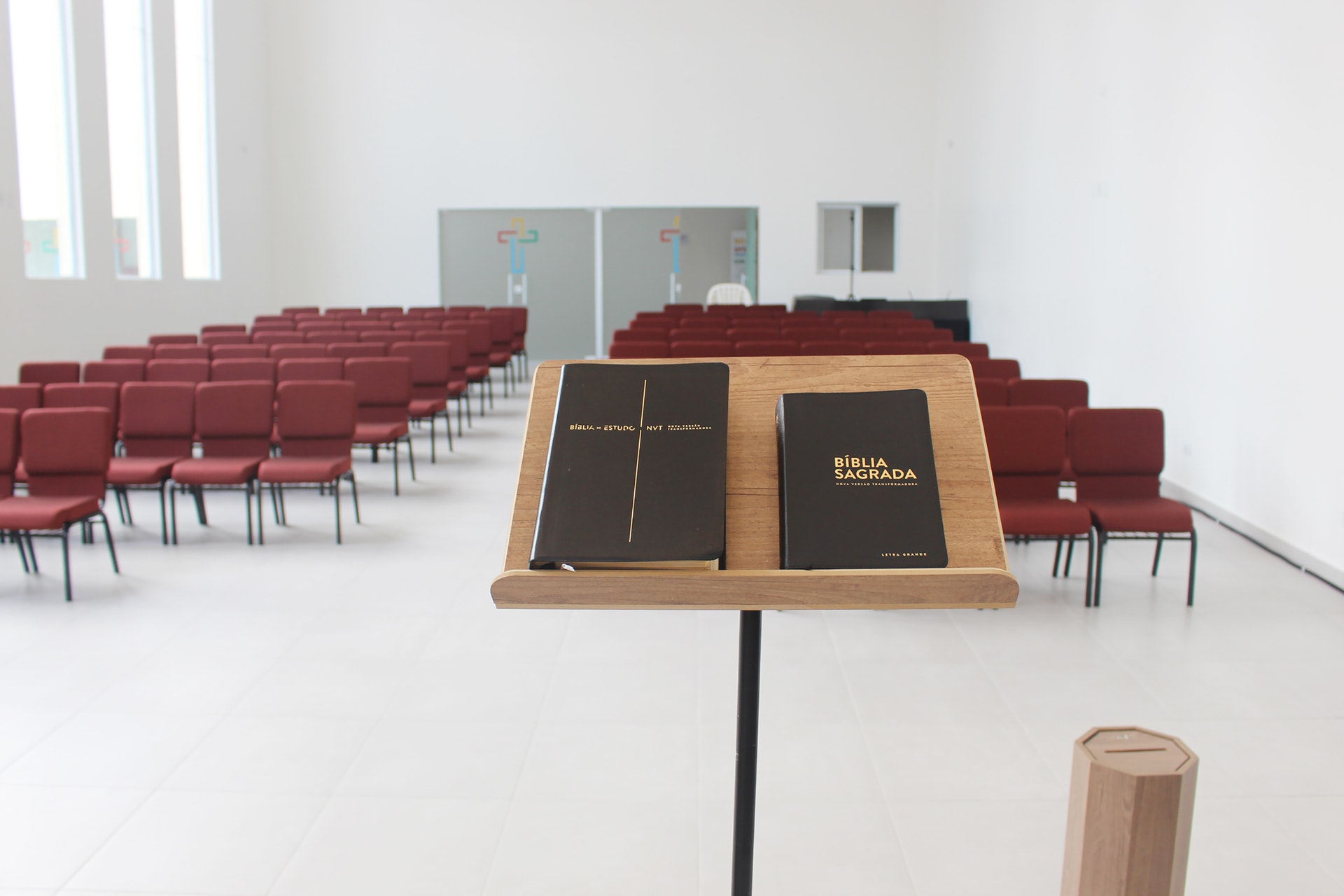What Does Post-Concussion Syndrome Mean in the Legal Space?
Post-concussion syndrome (PCS) is a condition where the symptoms of a concussion persist for weeks, months, or even years after the initial head injury. In legal terms, post-concussion syndrome can significantly affect personal injury cases, workers’ compensation claims, and even medical malpractice suits. According to the Munley Law Glossary, PCS refers to the long-term effects of a concussion, which can include headaches, dizziness, cognitive difficulties, and emotional distress. These symptoms are often central to legal claims seeking compensation for long-term damages caused by traumatic brain injuries (TBIs).
Understanding Post-Concussion Syndrome
A concussion is a mild traumatic brain injury that occurs when the brain is jolted inside the skull, often due to a blow to the head or whiplash. While most people recover from concussions within a few weeks, some individuals continue to experience symptoms beyond the typical recovery period. This lingering condition is known as post-concussion syndrome.
PCS symptoms can include:
- Persistent headaches or migraines
- Dizziness or balance issues
- Difficulty concentrating or remembering
- Sensitivity to light or noise
- Fatigue and sleep disturbances
- Anxiety, depression, or irritability
These symptoms can significantly impact a person’s ability to work, engage in daily activities, and maintain relationships. In severe cases, PCS can result in long-term disability, which is why it becomes a focal point in legal claims.
PCS in Personal Injury Cases
In personal injury cases, post-concussion syndrome often becomes a critical factor in determining the extent of damages and compensation. Individuals suffering from PCS due to car accidents, sports injuries, or workplace accidents may file a lawsuit against the responsible party, seeking compensation for both their physical injuries and the long-term effects of PCS.
To successfully claim compensation for PCS, plaintiffs need to prove:
Causation: They must show that the concussion—and subsequent development of PCS—was directly caused by the defendant’s negligence. For example, if a driver caused a car accident and the plaintiff sustained a head injury, the plaintiff must establish that the concussion and PCS resulted from the crash.
Medical Diagnosis: Plaintiffs need a formal diagnosis of PCS from a qualified medical professional. Medical experts, such as neurologists or concussion specialists, may be called upon to testify about the nature of the injury and the long-term impact on the plaintiff’s health.
Impact on Daily Life: Plaintiffs must demonstrate how PCS has affected their ability to work, care for themselves, or maintain their usual quality of life. This often includes medical records, therapy notes, and documentation of lost wages or reduced earning capacity.
The severity of PCS varies from person to person, and courts will assess the extent of the injury based on the duration and intensity of the symptoms, as well as the medical treatments sought. In cases where PCS leads to long-term disability, plaintiffs may be entitled to significant compensation for future medical expenses, lost earnings, and pain and suffering.
PCS in Workers’ Compensation Claims
workers who develop post-concussion syndrome due to on-the-job injuries may file a workers’ compensation claim to seek benefits for medical treatment and lost wages. For example, construction workers, athletes, and individuals in other physically demanding professions are often at a higher risk of head injuries and, consequently, PCS.
However, filing a successful workers’ compensation claim for PCS can be challenging. Employers or insurers may argue that the lingering symptoms are not related to the workplace injury or that the plaintiff is exaggerating their symptoms. In these cases, comprehensive medical documentation and expert testimony are essential to establishing the link between the workplace accident and the development of PCS.
Additionally, workers with PCS may need to demonstrate that their condition prevents them from performing their job duties. If the symptoms of PCS—such as dizziness, fatigue, or cognitive impairments—interfere with the ability to work, the individual may be eligible for temporary or permanent disability benefits through the workers’ compensation system.
PCS in Medical Malpractice Claims
In some cases, post-concussion syndrome may also be the basis for a medical malpractice claim if the injury or the management of the concussion was mishandled by healthcare providers. For example, if a physician fails to properly diagnose or treat a concussion, and this oversight leads to the development or worsening of PCS, the affected individual may have grounds for a malpractice suit.
To bring a successful medical malpractice claim involving PCS, the plaintiff must prove that:
- There was a doctor-patient relationship, and the healthcare provider owed a duty of care.
- The healthcare provider breached this duty by failing to properly diagnose or treat the concussion.
- The breach directly caused the development or worsening of PCS, resulting in harm to the patient.
Medical malpractice cases involving PCS can be complex, as it requires proving that the doctor’s negligence directly contributed to the long-term effects of the concussion. Expert testimony from neurologists or concussion specialists is often critical in establishing the connection between medical errors and the plaintiff’s injuries.
Legal Challenges in PCS Cases
One of the biggest challenges in legal cases involving post-concussion syndrome is proving the severity and impact of the condition. Unlike visible physical injuries, PCS involves subjective symptoms that can be harder to quantify. Additionally, symptoms like headaches, cognitive difficulties, and emotional disturbances can overlap with other mental health conditions, making it difficult to establish that PCS is the direct result of the concussion.


